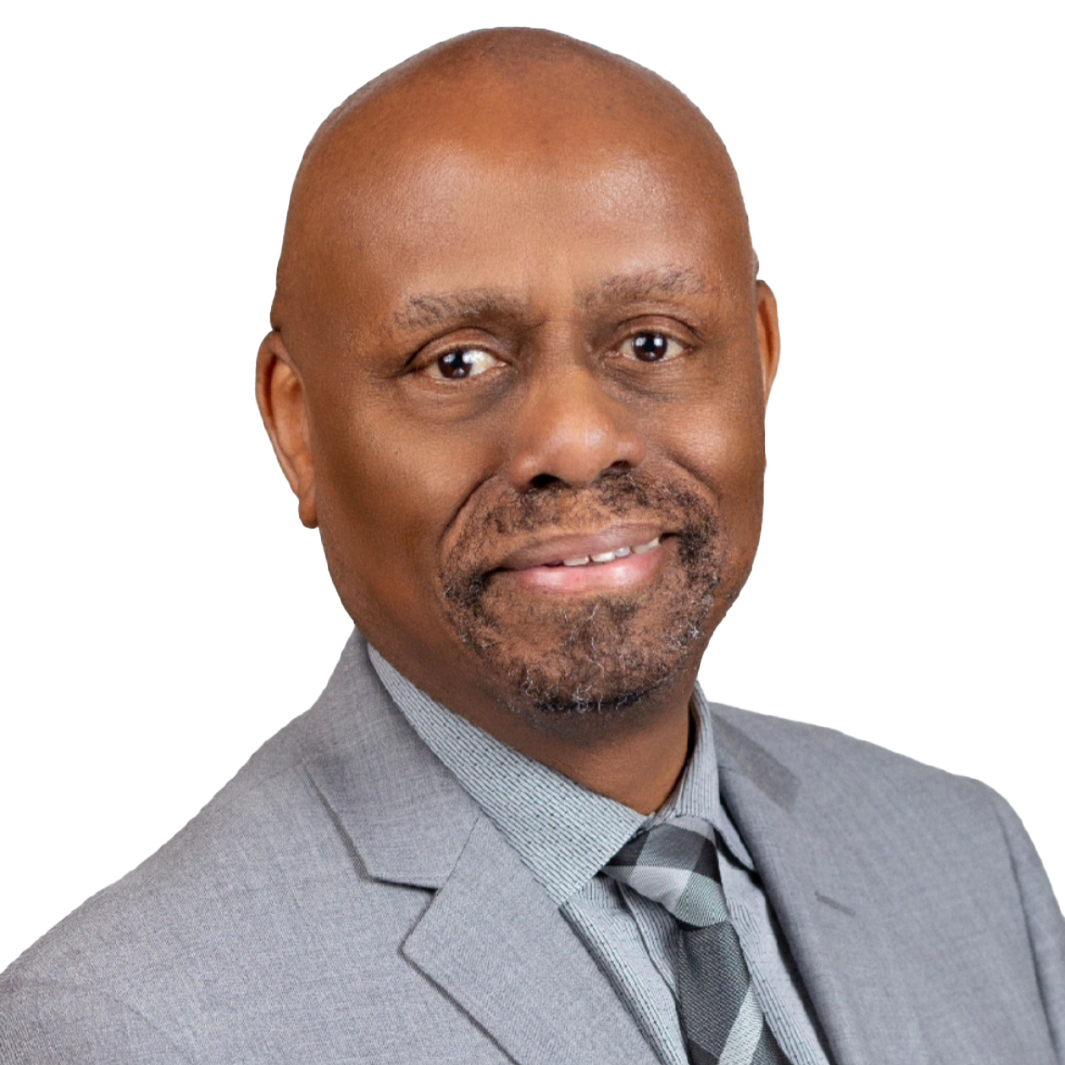Speakers
‹ Back
Prof. Sekazi Mtingwa
TriSEED Consultants, LLC, TriSEED Consultants, LLC
CV
Sekazi Mtingwa is an Administrative Judge with the U.S. Nuclear Regulatory Commission and Principal Partner of TriSEED Consultants in the U.S. He played an important role in the design and construction of accelerator systems at Fermilab used to discover the top quark. With James Bjorken, he developed the theory of intrabeam scattering, which has played a crucial role in the development of intense particle accelerators, including synchrotron light sources. He co-founded a number of organizations, including the African Physical Society, African Light Source Foundation, African Laser Centre, Julius Nyerere University of Agriculture and Technology in Tanzania,,and LAAAMP, which enhances synchrotron light source and crystallographic sciences in developing countries. He recently served as Chair of the IUPAP C13 Commission on Physics for Development. He is recipient of the American Physical Society’s 2017 Robert R. Wilson Prize for Outstanding Achievement in the Physics of Particle Accelerators, the inaugural International Science Council’s 2021 Policy-for-Science Award, the American Nuclear Society’s 2015 Distinguished Service Award, and the 2017 U.S. Presidential Award for Excellence in Science, Mathematics, and Engineering Mentoring.
Abstract
Abstract:This panel will address how networks of researchers and multi-disciplinary scientific facilities can bring together global scientific communities, where the mission of advancing science intermixes finely with a firm societal commitment. These facilities must be accessible to all nations in order for them to benefit from the vast social and economic impacts, the local knowledge and technology transfer, and finally address challenges to achieve the Sustainable Development Goals (SDGs).
In particular Synchrotron Radiation laboratories such as the Synchrotron Light for Experimental Science and Application in the Middle East (SESAME) will be highlighted, as will research centres that provide facilities and training to create a substantial and technically advanced scientific community in the Global South such as The International Centre for Theoretical Physics (ICTP) and The East African Institute for Research (EAIFR).
Multidisciplinary light source facilities are attractive role models for similar projects such as the African Light source in Africa, the Mexican Synchrotron, and the Great Caribbean-Central American Synchrotron in Central America. Such new large scale research facilities will address important multidisciplinary challenges from physics to infectious diseases, and can lead to massive capacity building, to foster scientific and technological excellence, build scientific and cultural bridges between diverse societies, develop local innovative competitive industry and help to prevent and reverse the scientific brain drain.
Access to training and education for students and researchers on all continents is a vital pathway towards sustainable development. The panellists will explore the impact and outcomes from ICTP’s flagship training outreach programme Physics Without Frontiers (PWF) which empowers international researchers to initiate motivational and research-led training activities for university students that lack access to cutting-edge research, and provide careers advice and mentoring, to help create the next generation of scientists.